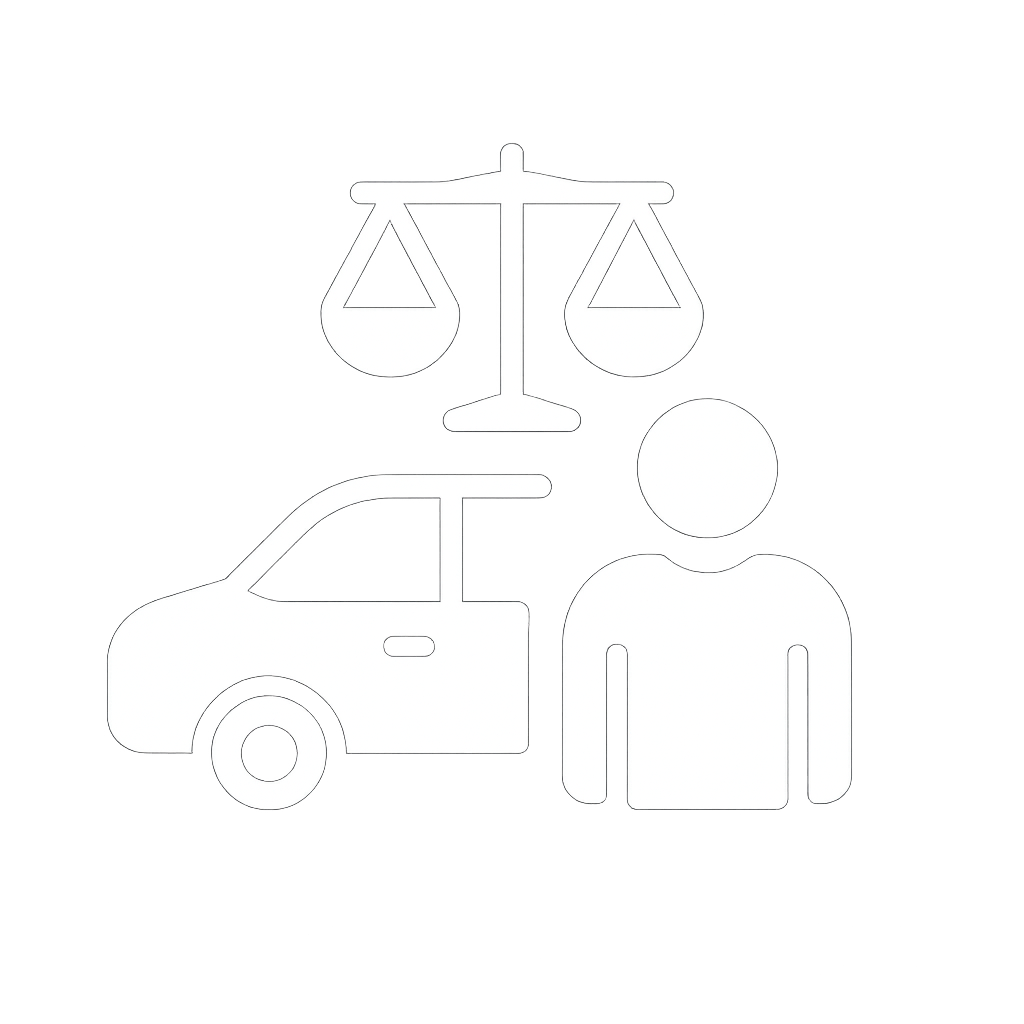Broken bones are one of the most common injuries after auto accidents. While some fractures heal with time and proper treatment, others can lead to long-term complications, surgeries, and lasting disabilities. Beyond the physical pain, victims often face high medical costs, missed work, and stress dealing with insurance companies. Knowing your rights and how a lawyer can help is essential after suffering fractures in a crash.
Common Causes of Broken Bones in Accidents
Fractures typically occur in high-impact situations, such as:
- Car accidents, especially head-on or side-impact collisions.
- Truck accidents, where the force of impact is extreme.
- Motorcycle and bicycle crashes, leaving victims exposed.
- Pedestrian accidents, where direct impact with a vehicle causes severe trauma.
The type of crash often determines the severity and location of the injury.
Types of Fractures
Accidents can cause many different kinds of fractures, including:
- Simple fractures, where the bone breaks but does not pierce the skin.
- Compound fractures, where the bone breaks through the skin, leading to infection risks.
- Comminuted fractures, where the bone shatters into multiple pieces.
- Stress or hairline fractures, which may not show symptoms immediately.
Each type requires medical treatment and, in many cases, surgery or rehabilitation.
Complications and Long-Term Effects
Broken bones may lead to serious complications, such as:
- Limited mobility or reduced strength.
- Nerve damage and chronic pain.
- Infections from open fractures.
- Arthritis or long-term joint problems.
- Permanent disability in severe cases.
These outcomes can affect a victim’s ability to work and perform daily tasks.
Legal Rights for Victims with Broken Bones
If your fractures were caused by someone else’s negligence, you may be entitled to compensation for:
- Medical bills, including surgeries and rehabilitation.
- Lost wages during recovery.
- Reduced earning capacity, if you cannot return to your previous work.
- Pain and suffering, both physical and emotional.
- Future medical expenses, especially in cases requiring long-term care.
How a Lawyer Can Help
Insurance companies may downplay broken bones as “minor injuries,” but the reality is often very different. A personal injury lawyer can:
- Gather medical evidence and expert testimony.
- Prove the impact of the injury on your life.
- Negotiate with insurers for fair compensation.
- Represent you in court if necessary.
Legal support ensures victims are not pressured into accepting low settlements.
Conclusion
Broken bones and fractures may seem straightforward, but their consequences can last long after the cast comes off. Victims deserve fair compensation to cover medical expenses, lost income, and long-term needs. With the help of an experienced accident lawyer, you can protect your rights and focus on healing while securing the financial support you need.

